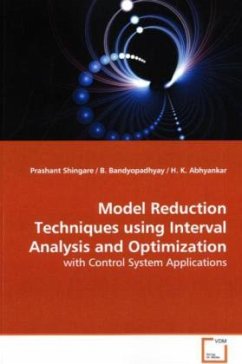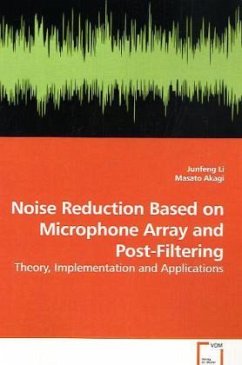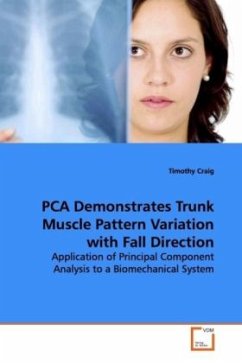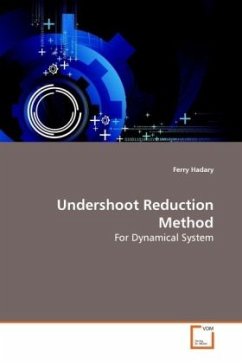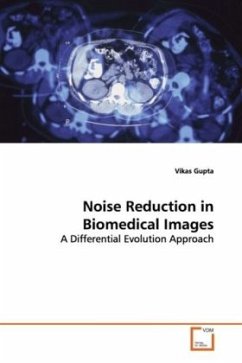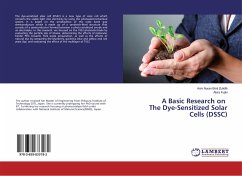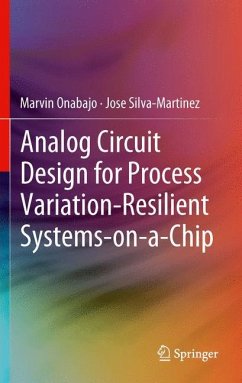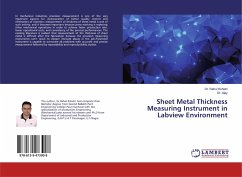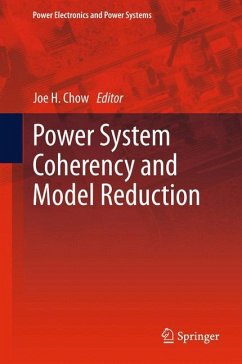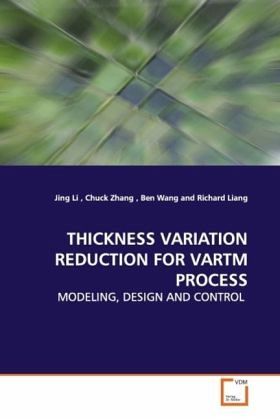
THICKNESS VARIATION REDUCTION FOR VARTM PROCESS
MODELING, DESIGN AND CONTROL
Versandkostenfrei!
Versandfertig in 6-10 Tagen
39,99 €
inkl. MwSt.

PAYBACK Punkte
20 °P sammeln!
Vacuum-assisted resin transfer molding (VARTM), one of a commonly used composite manufacturing processes, is becoming more popular. To optimize the manufacturing process, reduce costs, and maintain consistent part quality, knowledge of mold filling, especially flow through thickness direction is required. This work investigates the mechanism of the thickness variation dynamic change during the infusion and curing/relaxing processes. A numerical model is developed to track the thickness change of the bagging film free surface. In addition, this work analyzes the sources of the uncertainties and...
Vacuum-assisted resin transfer molding (VARTM), one
of a commonly used composite manufacturing
processes, is becoming more popular. To optimize the
manufacturing process, reduce costs, and maintain
consistent part quality, knowledge of mold filling,
especially flow through thickness direction is
required. This work investigates the mechanism of
the thickness variation dynamic change during the
infusion and curing/relaxing processes. A numerical
model is developed to track the thickness change of
the bagging film free surface. In addition, this
work analyzes the sources of the uncertainties and
quantifies the magnitudes of the uncertainties by
error propagation theory to characterize the
statistical properties of the permeability values.
Factors related to the part thickness variation are
identified with design of experiments method and a
better tooling design is obtained by configuring
the different flow media. The parameter uncertainty
that leads to part-to-part thickness variation is
also investigated and a stochastic process
simulation coupled with optimization is effectively
demonstrated.
of a commonly used composite manufacturing
processes, is becoming more popular. To optimize the
manufacturing process, reduce costs, and maintain
consistent part quality, knowledge of mold filling,
especially flow through thickness direction is
required. This work investigates the mechanism of
the thickness variation dynamic change during the
infusion and curing/relaxing processes. A numerical
model is developed to track the thickness change of
the bagging film free surface. In addition, this
work analyzes the sources of the uncertainties and
quantifies the magnitudes of the uncertainties by
error propagation theory to characterize the
statistical properties of the permeability values.
Factors related to the part thickness variation are
identified with design of experiments method and a
better tooling design is obtained by configuring
the different flow media. The parameter uncertainty
that leads to part-to-part thickness variation is
also investigated and a stochastic process
simulation coupled with optimization is effectively
demonstrated.



